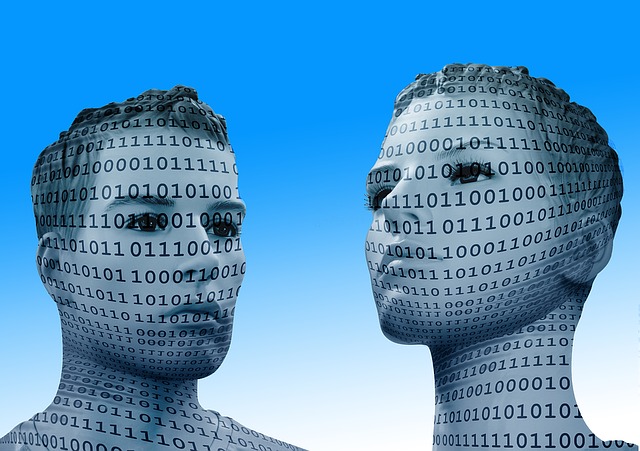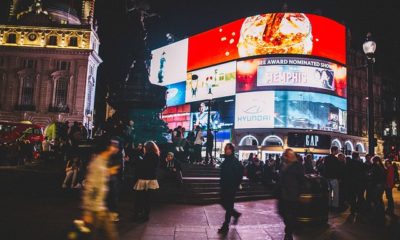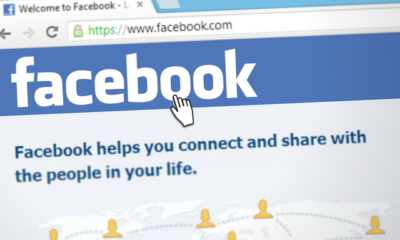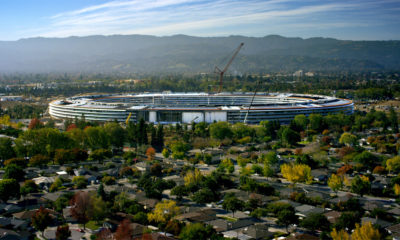
During the autumn holidays, passenger trains and rail stations in China fill to the brim with domestic travelers. Train stations become bottlenecks for crowds. But now, facial recognition technology is helping to smooth out the travel process.
Rail passengers in Jinan, the capital city of Shangdong province, step up to a facial scanner and zip through the gate. They don’t even have to show their tickets to a staff member.
“It only takes three seconds for passengers to pass through the gate using the new facial recognition system. It saves manpower and avoids errors in manual checks,” station staff member Cheng Xiaowei told the People’s Daily.
The paper reports that the facial recognition system is helping lines move more smoothly.
The system compares passengers’ faces to their IDs and tickets, which it reads under an infrared scanner.
Other railway stations, including some in the nation’s capital, Beijing, have introduced facial recognition technology as well.
Uses of Facial Recognition are Many and Varied
The new biometric technologies aren’t limited to transportation systems, however. Similar pilot programs are in place at hotels, banks and restaurants all around China.
Three Jinan branch locations of the Agricultural Bank of China allow customers to access ATMs using facial recognition. They don’t even have to insert their bank cards. The machine scans a customer’s face, and they can withdraw up to 3,000 yuan (about $452) from their account.
Last month, a KFC in Hangzhou became the first commercial store to use these biometric technologies with their ‘Smile to Pay’ system. That consumer payment system was developed by Ant Financial, an affiliate of Chinese commercial giant Alibaba.
The Smile to Pay scanners can even make menu recommendations based on a customer’s gender, age or mood.
Schools from kindergartens to universities have reported the implementation of facial recognition systems. Some of these are for security purposes. Some even spot “ghost writers” hired to sit in for college exams.
Nationwide Surveillance Now the Norm
The expansion of facial recognition systems to banks, schools and railway systems corresponds to an increasingly detailed surveillance system active across China.
“In China, facial-recognition technologies are as good as those developed in western countries,” says Professor Wang Shengjin at Tsinghua University’s Department of Electronic Engineering. “But we are far ahead when it comes to deploying it commercially.”
In Jinan, and other cities like Shenzen, the government is using facial recognition systems to publicly shame and doxx people engaging in behavior that isn’t “civilized.” If a camera catches someone jaywalking, for example, the cameras take a short video. The name and address of the jaywalker is then displayed along the side of the road, as a warning.
Concerns and Confidence Surrounding Facial Recognition Technology
Many of the uses of these technologies would alarm citizens in the West. In fact, the idea of the government even having such a wealth of data on private citizens, let alone using it openly, would make most Americans bristle.
But Chinese officials are unabashed about entering the brave new world of facial recognition and the opportunities it can offer.
Where this national experiment will lead remains to be seen. Perhaps China will become a world leader in a new field of commercial technology. Or perhaps it will become a cautionary example of privacy violation.















Facebook
Twitter
Pinterest
Google+
LinkedIn
Email